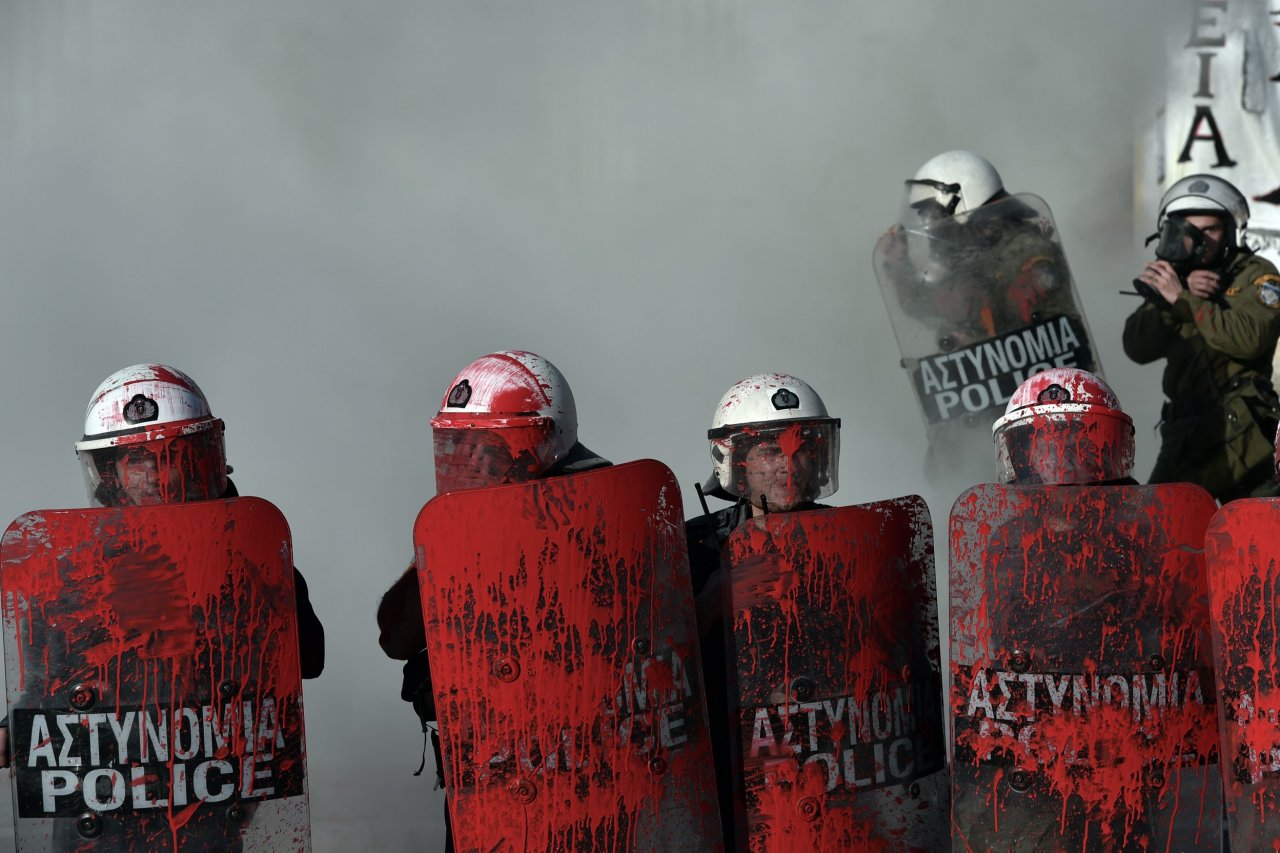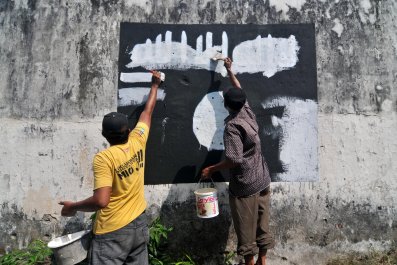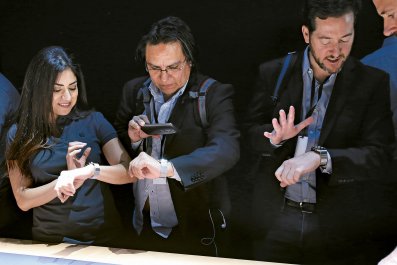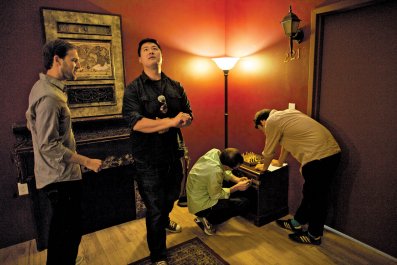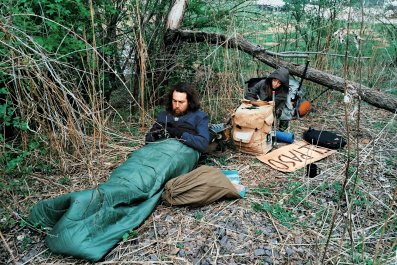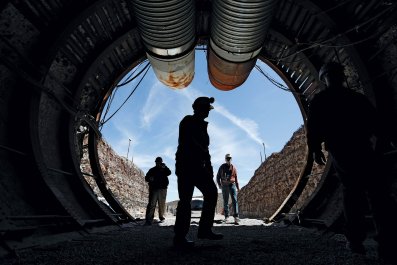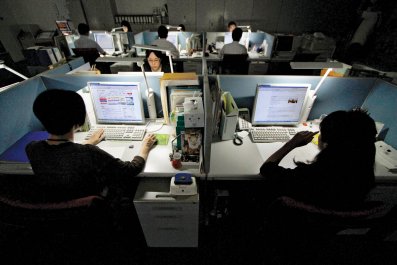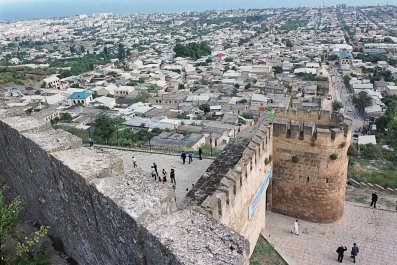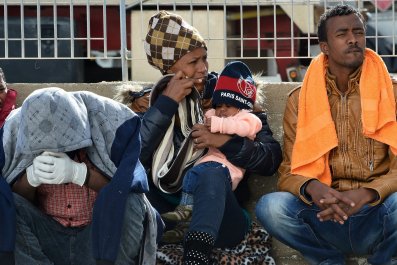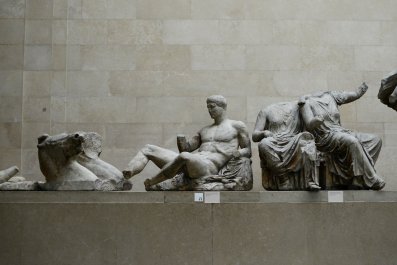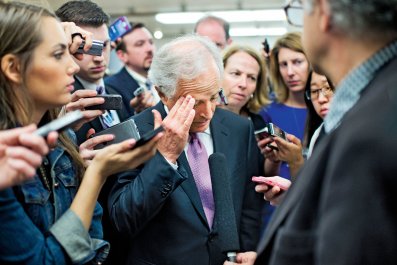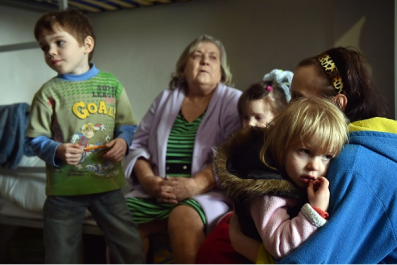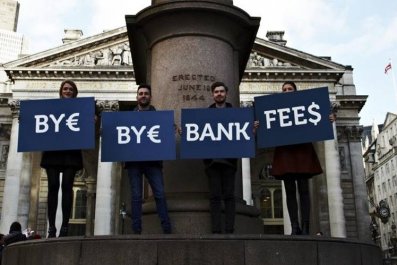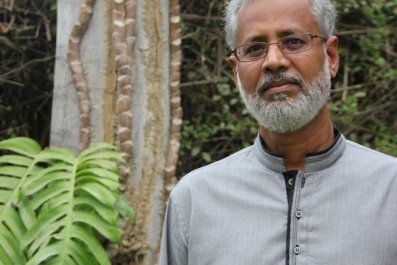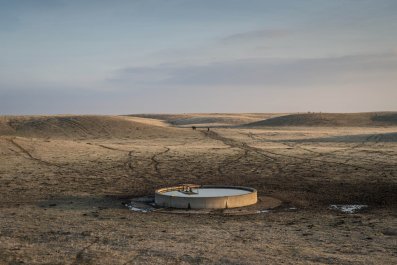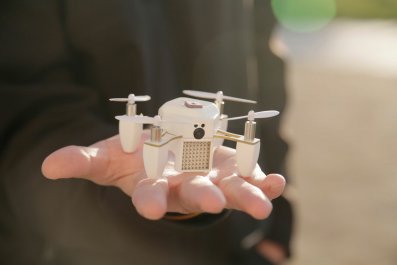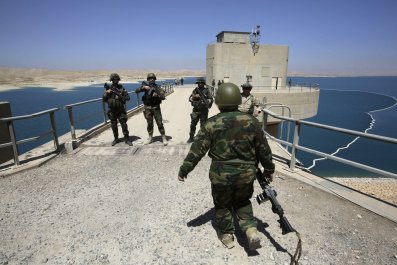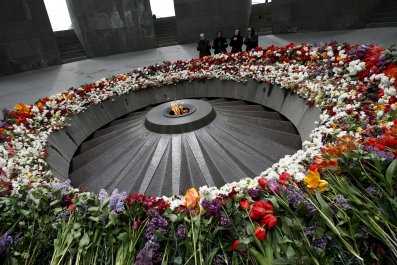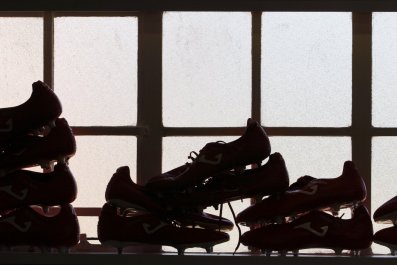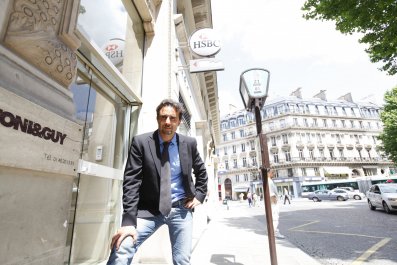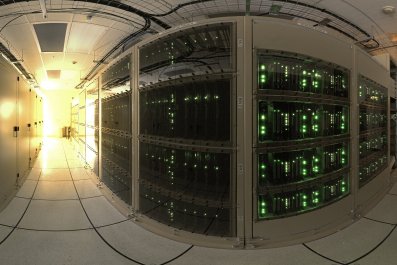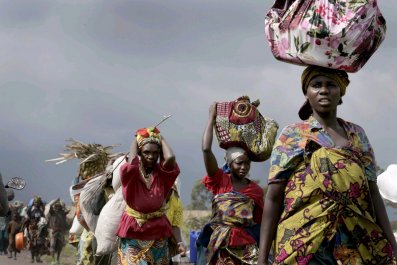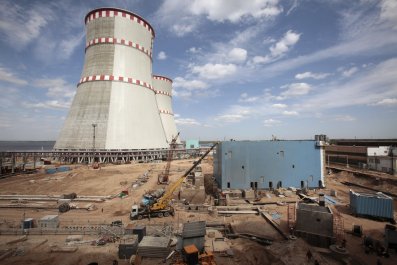A gold mine is at the centre of a fierce row in Greece between the Left-wing Syriza government and a Canadian mining company that has thrust simmering local tensions onto the national stage.
A battle between the energy and environment minister, Panagiotis Lafazanis, who hails from the ultra-Left faction of Syriza, and Hellas Gold which operates the Skouries mine in Halkidiki, has escalated after the government revoked a licence for the construction of an ore-grinding facility. The move is likely to cost jobs and lead to the government losing out on valuable export revenue.
Expanding the mining projects could be lucrative for a country in desperate need of funds. In total the mines in Halkidiki hold around eight million ounces of gold as well as significant amounts of other metals, which would make Greece around €500m per year in export revenues by 2017, according to Eldorado Gold, the Canadian parent company of Hellas Gold.
Eldorado has already invested around €400m n Halkidiki since 2012, employing around 2,000 people, with plans to invest an extra €700m and hire 1,000 more employees by 2020. Unemployment in Greece currently runs at 26%, the highest of any EU country.
But Lafazanis says the environmental studies the mining permits were based upon will be reassessed. Other Syriza politicians, including local MP Katerina Igglezi, also oppose the mine, citing environmental concerns and the negative impact the industry could have on tourism in Halkidiki. Around 4,000 miners and supporters marched on Athens to protest against the decision to revoke the licence, but Lafazanis suggested Eldorado was behind the demonstration, accusing the company of trying to blackmail the Greek government. The row is indicative of the tension between Syriza's ideals and the pressure to raise revenue to pay off its international creditors. Greece is due to pay a €200m bailout instalment to the IMF on 1 May ahead of a further €750m payment on 12 May.
The company plan on beginning extraction next year, and the ore-grinding facility is needed as part of this production process.
Anti-mining activists say the dispute is tearing the area's local towns apart as people clash over job opportunities and investment on one side, and the mining's impact on the environment and the tourism industry on the other. Fifty-five people connected to anti-mining protests are still facing charges following a spate of arrests in 2013.
Dimitrios Katsikas from the Hellenic Foundation for European and Foreign Policy, a think tank, says that the decision to rescind the licences was politically motivated. "It's something they said they wanted to do before, and they just fulfilled their pre-election campaign despite the fact that it sends a negative message in terms of investment in Greece, and of course it has a negative effect on the people in the area in terms of employment."



